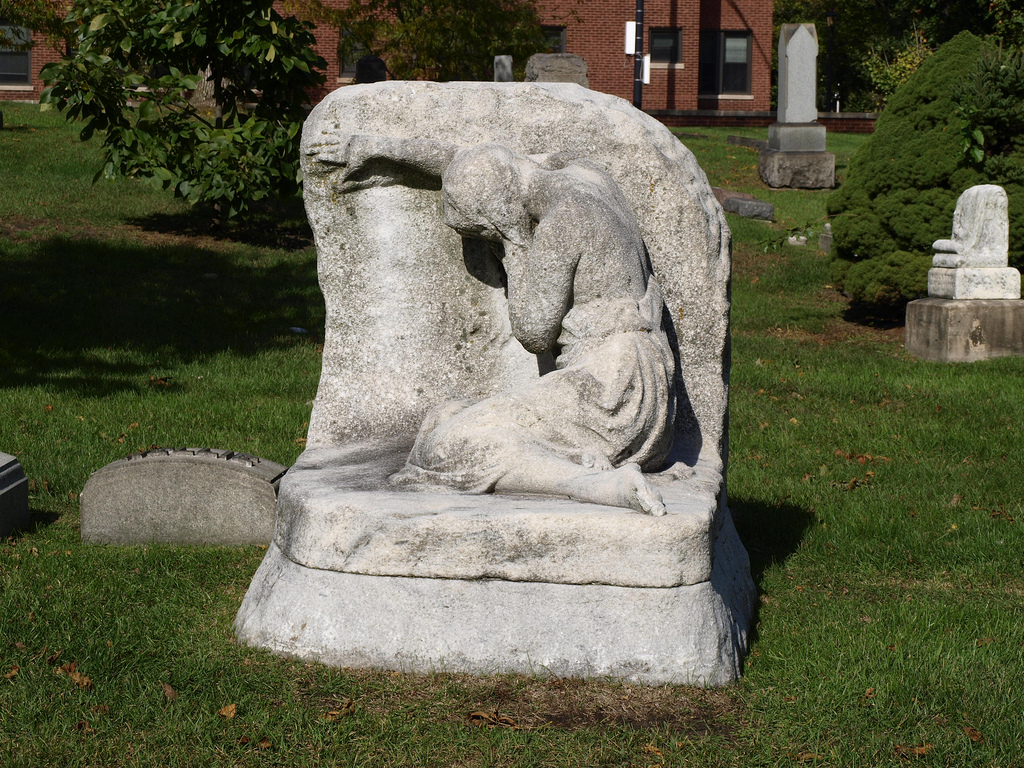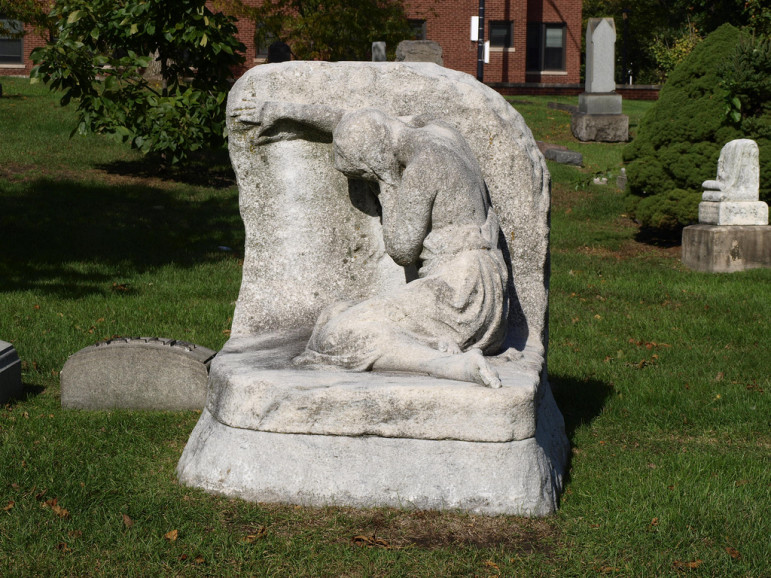Commentary by Greg Kline
For MarylandReporter.com
One of the most contentious issues to be debated during this year’s General Assembly session will be the renewed effort to legalize physician assisted suicide. After withdrawing a bill last year, proponents, led by Del. Shane Pendergrass, D-Howard, have renewed their efforts in this year’s General Assembly session.
Proponents of physician assisted suicide often claim that they want an honest debate on this issue and insist that if people knew the true facts they would prevail. However, their entire movement is shrouded in euphemism and artifice.
We can start with the main engine driving this movement not only in Maryland, but throughout the country. An organization calling itself Compassion and Choices was formed in 2007 as the successor to the more honestly named Hemlock Society.
The Hemlock Society
The Hemlock Society, named as a reference to the famed suicide of Socrates, was founded in 1980. Its founder, Derek Humphry, stated that any assistance in one’s suicide should not be a crime and that alternate views of the “dying process” “must not trump the autonomy of the dying person’s own decisions.”
Dr. Jack Kevorkian embodied this radical view of “autonomy” and the right to suicide. After Kevorkian’s public actions, in defiance of Michigan laws among others, states like Maryland affirmed their laws against assisted suicide. It is little wonder then that the current physician assisted suicide movement seeks to rebrand itself to move past its Kevorkian past.
Likewise, proponents of physician assisted suicide seek to avoid the term “suicide” itself. According to the Compassion and Choices website, what they propose is not physician assisted suicide at all even though the bill specifically allows a physician to prescribe a lethal dose of medication that a patient self-administers to end their own life. Such absurd semantics are beyond Orwellian and demonstrate the fundamental lack of candor of this movement.
Falsifying the cause of death
This absurd distinction is embodied in the legislation as well. In last year’s version, as in similar bills introduced throughout the nation, doctors were required to put the cause of death as something other than suicide on the death certificate. The legislation mandated that even though a patient died as a result of an overdose of medication administered by themselves to end their own lives, the doctor must put the cause of death as the underlying terminal disease with which they were diagnosed.
Such an “unsuicide” would make Orwell proud.
Even the name of the bill has been rebranded. Last year the legislation was titled the “Death with Dignity Act” and included the names of two prominent citizens, who have since passed away. This year, according to press reports, the legislation will be more euphemistically titled the “End of Life Option Act” removing any reference not only to suicide, the “end of life option” being advocated, but of death at all.
Increasing suicide rates
And it is little wonder that proponents of physician assisted suicide want to avoid engaging the issue of suicide directly. If they did they would have to respond to inconvenient facts like the recent study of the Southern Medical Journal finding that states that legalized physician assisted suicide saw an overall increase in the rate of suicide in the adult population, independent of those seeking physician assisted suicide. This documented “suicide contagion” comes at a time when our nation has seen an increase in the national adult suicide rate from 1999 to 2010 of nearly 30%.
Proponents of physician assisted suicide also want to avoid discussing the impact on the physician patient relationship such laws create. Major medical organizations from the American Medical Association, the American College of Physicians and the American Nurses Association, oppose physician assisted suicide. Medical professionals often cite the dictates and the spirit of the Hippocratic Oath, the ancient promise made by doctors entering the profession, in their opposition.
Oath against poisoning
The oath provides, in part, that a physician will take care that their patients suffer no hurt or damage and that, “Nor shall any man’s entreaty prevail upon me to administer poison to anyone; neither will I counsel any man to do so.”
Obviously, no doctor taking such an oath could prescribe a patient a lethal dose of medication with the intent to poison them to death. This breach with ancient medical ethics is why so many medical professionals and organizations oppose this legislation. It was also a major reason cited by dozens of state legislatures and the British Parliament when these bodies overwhelmingly rejected similar legislation.
In response, Compassion and Choices claims that “Debates about the origins and relevance of the Hippocratic Oath are ongoing in the medical community.” They advocate a more nuanced and “modern” view of the doctor-patient relationship in which doctors not only keep patients alive longer but help them end their lives as they wish.
Raising serious questions
All of this raises some serious questions. If advocates of physician assisted suicide are on the “side of the angels” and their cause is just, why must they rely upon such mendacity? If advocates truly want an honest debate in which all the facts are disclosed, why must they employ such Orwellian language? If physician assisted suicide is morally right and consistent with our culture’s highest values, why does it require a rewriting of millennia old medical ethics?
Opponents of physician assisted suicide, like the honestly named Maryland Against Physician Assisted Suicide, welcome an honest debate on this issue. We welcome a true and thorough airing of all the facts in plain language and without euphemism or subterfuge. We are eager to discuss the fundamental values we want our culture to embrace.
Such an honest debate here in Maryland will result in the defeat of this measure yet again this year.
Greg Kline is a founder and senior editor of RedMaryland.com as well as the general manager of the Red Maryland Network. Greg is also an attorney practicing in Severna Park. He can be reached at [email protected] or 410-541-6384.








Yes, this is a tragic piece of legislation. If any “genuine” God-fearing man or woman actually stepped back to see “how far we’ve come” as a society, it would take their breath away. It’s only a matter of time (10-20-30 years?) when it will be the state that will be making the decision as to whether the life of certain individuals (the “useless eaters”) should be ended. And at that time it will be these same type of legislators introducing this “important” legislation as a Bill in the Maryland General Assembly
The legislators could be blamed, of course, but I believe that such blame would be misplaced. The actual responsibility should be borne by the bishops of the Catholic Church. Not the leaders of any other religion, just the Catholic Church. These men will one day answer to God for their failure to fulfill the duty they swore to God: to lead all mankind to salvation.
These”modern” bishops (and popes) since the Second Vatican Council (1965) have virtually abandoned their posts and have joined forces with the secular media. No they don’t support this legislation but as Catholics know (those that actually still attend Mass) not a word in condemnation of euthanasia (or any of the sinful behavior, including abortion, birth control, fornication or homosexuality, to name just a few), are ever preached against from the pulpit. Instead, the bishops (or more often their representative) parade piously before the Committees and speak against the bills. How pitiful. These bishops then go off to raise money for the “poor” and pretend that that is their actual mission. The Church today is virtually indistinguishable from the Federal government in terms of being organizations who see their principle missions as that of redistributing wealth.
But whether this legislation passes or not is irrelevant. Those who have somehow or another figured out that suicide is sinful will not engage in this practice––with or without a law. And those who lack that guidance will do otherwise. But all, most especially the Modernist bishops of the Catholic Church who have abandoned their sheep, will one day stand before Jesus Christ and give an accounting for their time here on this earth. For many, it will not be a welcomed time.
I see you all will be reporting on a legalize assisted suicide bill upcoming.
I have found (serving 60 fair booth days) that about half of the public thinks they are in favor of such a law, that is until they learn about the flaws in the laws that create new paths of elder abuse with immunity. Once they learn that a predatory heir may steer the signup process and then forcibly administer the lethal dose without oversight, they all said, “I am not for that!”.
Anyway all of these Oregon Model bills have the same flaws that eviscerate flaunted safe guards.
Here is an example list of flaws posted recently about the New Jersey bill that failed.
The New Jersey Alliance exposed the following flaws in S 382:
No requirement of mental health evaluation or pain relief consultation.
Permits an heir to witness a death request.
Requires no oversight on whether the patient was willing to take the lethal drugs.
No requirement that a medical person be present to supervise the ingestion of lethal drugs.
Allows a third party familiar with how the patient communicates to make the death request.
* Permits lethal drugs to remain in a patient’s home without securing them.
* Relies on the inaccurate premise that a doctor can predict death within six months.
* No distinction as to whether the death prediction is with or without treatment of the patient.
* No required notification of family members.
Immunizes from prosecution anyone participating in administering lethal drugs, even if their participation was coercive and out of self-interest
Falsely certifies the cause of death.
The New Jersey Alliance Against Doctor-Prescribed Suicide is a broadly-based, diverse coalition of organizations strongly opposed to the legalization of assisted suicide.
Use this as a check off list on your bill when it is published. Well worth your time.
At your service,
Bradley Williams
President
MTaas.org
Hamilton, MT 59840 born in Baltimore